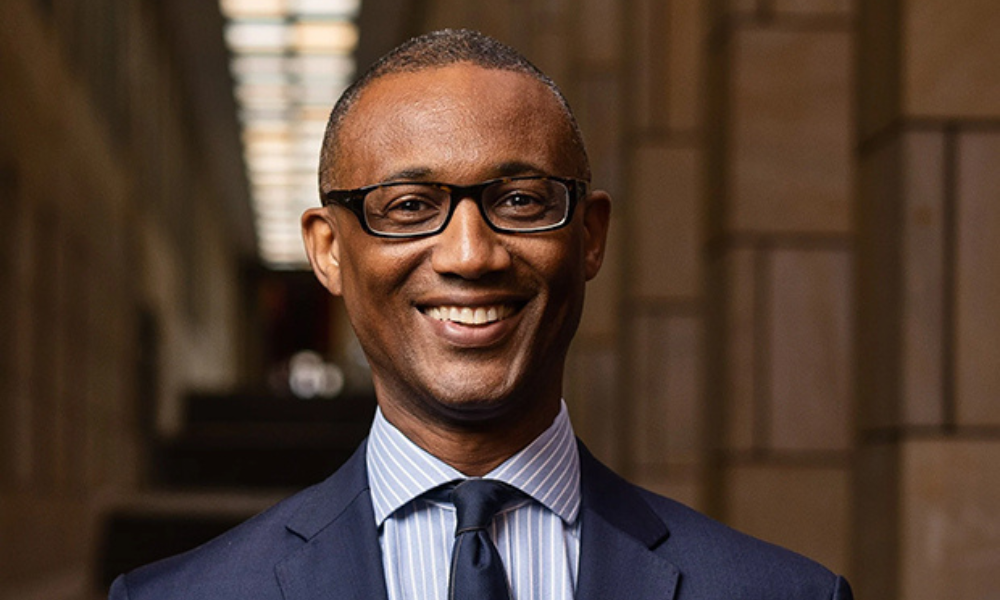HB: Generally, titles, certifications, and proficiency standards are a good thing: people are sensitive to those when they look for signals about a financial professional’s competence. Relationships can survive on competence signals alone, but those tend to be more transactional and more distant. You can get a piece of someone’s business from that, but they’re not going to trust you with very sensitive matters relating to their wealth, which also to be the highest-margin businesses.
Increases in proficiency standards apply to everybody; it’s a tide that lifts all boats. But the drive to convey benevolent intentions is where advisors have the greatest potential to distinguish themselves from competitors. An advisor can be a fiduciary, absolutely, but it takes more than that to have a high-trust relationship. The client has to believe that the other person genuinely cares, and is not just doing things because the rules say they have to.
WP: With rising rates and inflation raising challenges for investors, a lot of concerned clients are probably looking to their advisors for guidance right now. What should advisors and wealth professionals should keep in mind as they have these conversations?
HB: From a competence perspective, people will forgive you for a while during drawdown periods if you’d already built up a very long and successful track record of performance. In the same way, during these moments of high anxiety, you need to have already built up a reserve of benevolence judgments with your clients. It’s these reserves of trust that you draw from when clients are feeling uncertain and vulnerable, and you need to be building those reserves up all the time.
When talking with clients, practice active listening: that includes paying attention to what someone is saying in the moment, and restating what they said to confirm that you understood. Acting with integrity – saying what you will do, and diligently doing what you said – also helps fuel benevolence judgments. Take the time to educate clients at their level of understanding, because it’s difficult to ignore when you go through a great deal of trouble for them.


